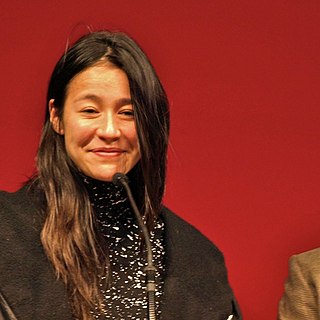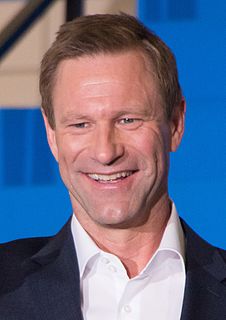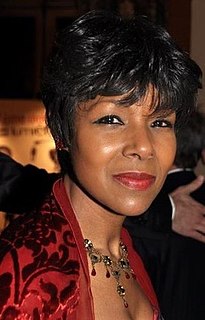A Quote by Elizabeth Chai Vasarhelyi
In the past, I think my films that focused on African subjects struggled in the marketplace because of their subject matter.
Related Quotes
We have traditionally thought of knowing in terms of subject and object and have struggled to attain objectivity by detaching our subjectivity. It can't be done, and one of the achievements of postmodernity is to demonstrate that. What we are called to, and what in the resurrection we are equipped for, is a knowing in which we are involved as subjects but as self-giving, not as self-seeking, subjects: in other words, a knowing that is a form of love.
Knowledge is humanistic in quality not because it is about human products in the past, but because of what it does in liberating human intelligence and human sympathy. Any subject matter which accomplishes this result is humane, and any subject matter which does not accomplish it is not even educational.
I like to do realistic films as well as sensible humourous subjects, just because I think these films are only capable to attract people to the theatres. Though I agree that serious movies are also good and I like to watch them, it is a fact that majority of the people are hesitant to go to theatres for those films.
The subject matter that I am really spending my time on has become an acceptable subject matter. Living, lifestyle, family, is now in the forefront of interest in America, and I've just stuck with it. I mean, I've been doing this for years, and I never got angry. I never said, you know, listen, I'm fighting for this subject. That wasn't my point. My point was to continue working in a subject matter, knowing full well that finally it would be recognized as a viable subject once again.
When African-Americans come to France, the French show them more consideration than they would show an African or a Black Caribbean. When African-Americans come to France, the French people are like, 'Oh, wow. Oh my God.' But if it's an African, they're like, 'Whatever.' It's all because of the past, because of our history.
I think if some people know anything about African cinema it's something like the The Gods Must Be Crazy, which is such an awful, condescending movie that debases African participation, and anything I can do to shift that and draw attention to rich and widely varied films that come from there- because there's all kinds of filmmakers from Senegal, you have Mambety, and Haroun with Grigris.





































